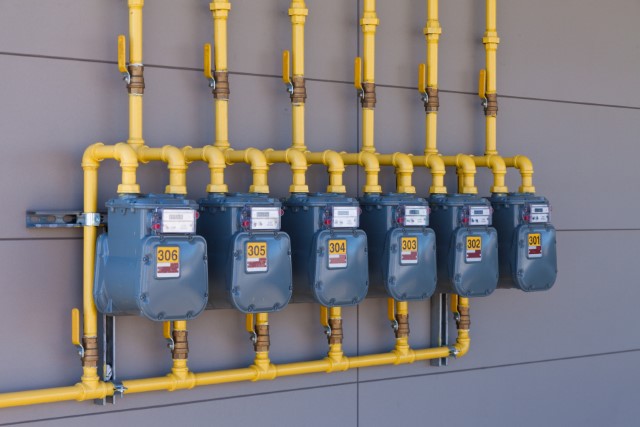The Natural Gas Paradox
Perhaps we should call September international gas month. To start with, we (in Britain) have serious problems with natural gas – or rather with the price of it, and then, as an indirect result of the price problem, there is a shortage of carbon dioxide. No one seems to be able to resist pointing out how ironic this is. The obvious ‘business-as-usual’ answer is to increase the supply of both these gases to meet demand. However, since it may be hard to increase natural gas supply, at least in the short term, and perhaps impossible in the long term, maybe it would be a better idea to consider some not-so-usual answers.
Firstly, a quick recap of where we are, at least in Britain, and how – and why – we got here. Natural gas prices in Britain have gone up astonishingly in the last year, from a low of about 10 pence a therm in June 2020 to over £1.70 during this month and futures prices suggest that it won’t come down below £1.80 till April next year at the earliest.
The reasons for this enormous price rise are multifarious, but they include strong long-term demand for LNG (liquefied natural gas) from the Far East as economic activity recovers strongly from Covid but their own gas production declines in several nations, US gas production knocked out by the recent Hurricane Ida and possible deeper worries about the future of gas production, large fluctuations in the global price which caused some producers to lower production, a very long, cold winter in the UK (and in Europe), low gas storage (though UK maximum capacity is nowhere enough), and possibly Russia is deliberately constricting supply to force Europe to open the Nord Stream 2 pipeline, which is being held up for political reasons.1
We are told by the government that there is no actual shortage of natural gas but that it is simply that the price is so high that it is causing energy companies to cease trading and fertiliser plants temporarily to shut down, which is what is causing the ironic carbon dioxide shortage.
It is worth bearing in mind that Britain still produces nearly half the gas it consumes, which both partly explains why we’re in difficulty and begs the bigger question of why we still consume so much gas when, for climate reasons, we are supposed to be reducing our hydrocarbon consumption dramatically and quickly.
And that’s the paradox – a multi-level one. Firstly, Britain still produces quite a lot of natural gas. Britain should move as fast as possible to manage on what is being produced (which is a much harder task now because of so much poor policy in the past combined with rampant free markets and a criminally negligent energy policy for decades).
However, and this is the next paradox, the real aim for Britain should be to stop using ‘fossil’ natural gas completely, not just because the North Sea is itself running down, but because methane (the main component of natural gas) is not only still a hydrocarbon that when burnt produces CO2, albeit not as much as coal or oil, but is itself a very bad greenhouse gas when it escapes into the atmosphere unburnt. It is in fact in many ways much worse than carbon dioxide.
Unfortunately, natural gas has been touted as a transition hydrocarbon for decades now, but it is not a good idea for the reasons given above, and furthermore we will just get ourselves more addicted to natural gas and spend billions on more natural-gas based infrastructure (including things like hydrogen stations – the hydrogen mostly comes from natural gas).
Instead of regarding the current natural gas crisis, which is really a matter of higher prices than we are used to, as a bad thing, we should treat it more like the Greek word on which crisis is based, namely krinein, to decide. We should decide to take a different path and work much harder to figure out what an economy and society based on renewable energy actually looks like, because it is going to be very different from what we have now.
1. https://www.exponentialinvestor.com/article/unnatural-gas-and-the-new-normal/

